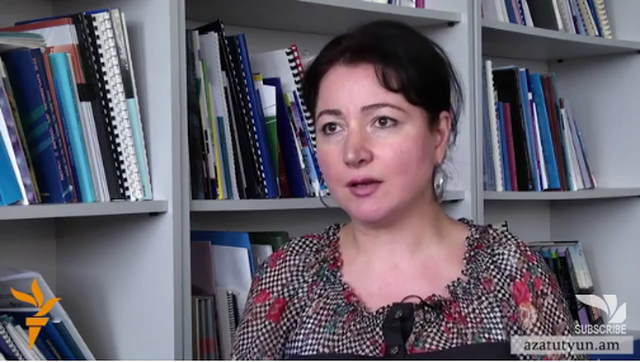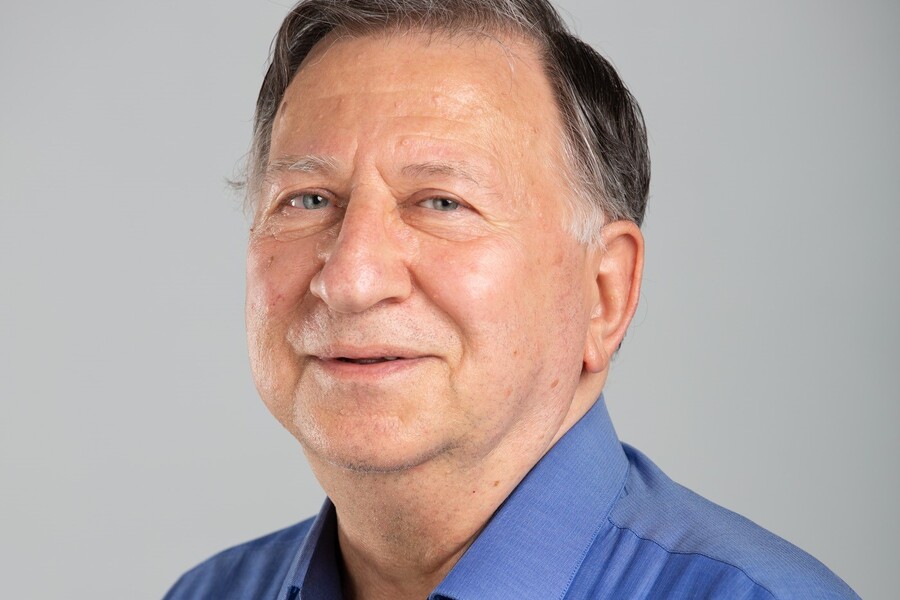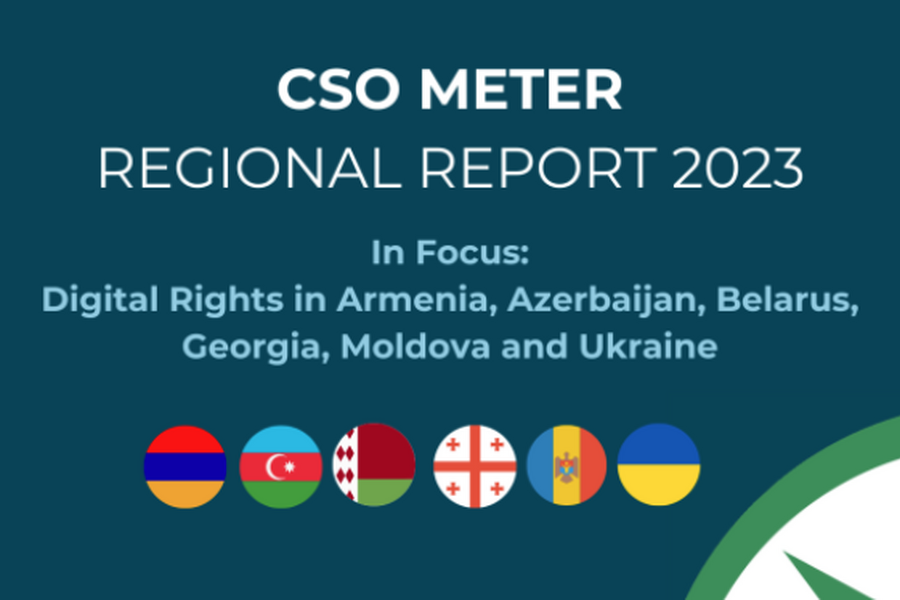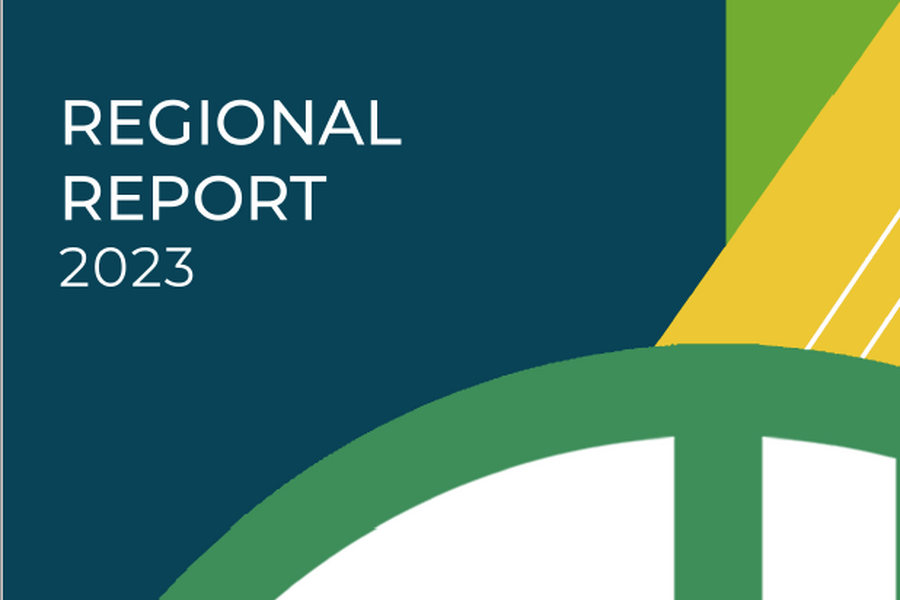Radio Liberty: TIAC criticizes the process of constitutional amendments
According to Transparency International Anticorruption Center (TIAC) the process of constitutional amendments does not comply with international standards. In her interview to Radio Liberty Heriknaz Tigranyan, Legal Adviser of TIAC mentioned that the decision to introduce amendments to the Republic of Armenia Constitution was unilateral and was made in the absence of consolidation, without providing examples to substantiate the failure of the current Constitution in force. In her opinion if consolidation was achieved through neutralizing the power of the second largest political party in parliament in a day through settling a score with opponents of constitutional amendments, it might rather be perceived as fear and retribution than consolidation. However, in the given situation the authorities try to promote the idea at any expense.
Pursuant to TIAC opinion there are serious concerns that the work of the Specialized Commission for Constitutional Reforms was influenced by the conflict of interest of its members as at least 6 out of 9 are immediately dependent on the incumbent president. More concretely, two persons are members of the ruling Republican Party of Armenia (one also seats on the Board and the Executive Body) led by the president. Two are employees of the President’s Administration working under direct supervision of the president. One holds a high managerial position in Yerevan State University governed by the Board of Trustees led by president. Օne is the Prosecutor General who is nominated by the president and elected by the parliamentary majority, which is formed by the Republican Party of Armenia, led by president. Hence, it is natural that the proposed amendments are designed by the mentioned group to serve the interests of the incumbent president rather than those of the people and society.
“For us the most unacceptable thing in the created conflict of interest situation is the role of the President of the Constitutional Court of Armenia as the head of the Specialized Commission for Constitutional Reforms under the President’s Administration. Eventually if the constitutional referendum was held the next day, and people were dissatisfied with its outcomes how could the Constitutional Court be objective and impartial, given the sole fact that its President was a commission member, thus casting doubt on his partiality for the referendum.
It is most concerning for the organization that the referendum was going to be held in an atmosphere of mistrust of electoral system. In the opinion of Heriknz Tigranyan the authorities could have fully dispelled the doubt should the signed voter lists be published.
See the interview on Radio Liberty website.





